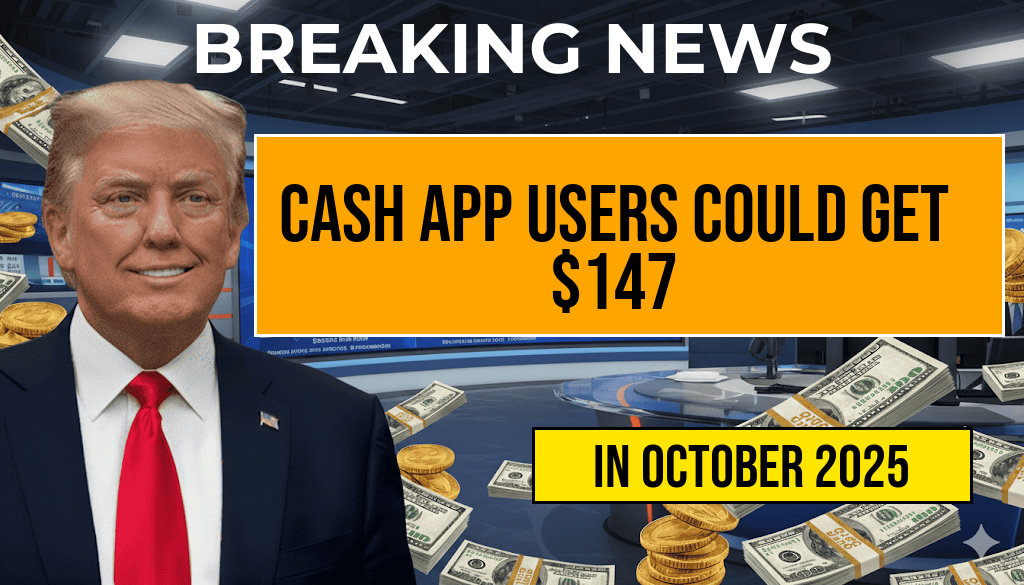Users of Cash App who received unwanted text messages may be eligible to claim a portion of a $12.5 million settlement stemming from a class-action lawsuit. The legal case, centered on alleged violations of the Telephone Consumer Protection Act (TCPA), accuses the popular financial technology platform of sending unsolicited marketing texts without proper consent. Eligible individuals can potentially receive refunds of up to $147, depending on the number of qualifying messages received and the claims filed. The settlement represents a significant development for consumers concerned about privacy and unwanted marketing communications from digital financial services.
Background of the Lawsuit and Settlement Details
The lawsuit, filed in 2022, claimed that Cash App engaged in mass texting campaigns that violated federal laws governing telemarketing and automated messaging. Plaintiffs argued that users did not give explicit consent to receive promotional texts, and that the company’s messaging practices failed to include clear opt-out instructions in many cases.
The case brought to light questions about compliance with the Telephone Consumer Protection Act (TCPA), which restricts unsolicited telemarketing calls and texts. After months of legal negotiations, the parties agreed to a settlement approved by a federal judge in early 2024.
The settlement allocates a total of $12.5 million to compensate affected consumers. Claimants can receive between $25 and $147, depending on the volume of qualifying messages received and the number of valid claims submitted. This settlement marks one of the larger payouts for texting-related TCPA violations involving financial apps in recent years.
Who Is Eligible and How to Claim
Cash App users who received unsolicited promotional texts from the platform between January 1, 2020, and December 31, 2023, are eligible to participate. To qualify, recipients must have received at least one marketing message during that period without providing explicit prior consent or without being able to easily opt out.
Claimants are advised to review their message history to determine eligibility. The settlement website provides detailed instructions and a simple online form for submitting claims. It is recommended that claimants act promptly, as the deadline to file is set for April 30, 2024.
Individuals can submit claims by visiting the official settlement site: www.cashappsmssettlement.com.
Potential Refunds and Distribution Process
| Number of Messages Received | Estimated Refund |
|---|---|
| 1–5 messages | $25 |
| 6–10 messages | $55 |
| 11 or more messages | $147 |
The exact amount awarded depends on the total number of claims and the distribution among eligible recipients. Funds will be distributed proportionally if total claims exceed the settlement amount. Participants will receive their refunds via check or electronic transfer, as detailed during the claims process.
The settlement administrator will process claims over several weeks following the deadline, and eligible claimants can check their status online. The payout aims to compensate users who experienced unwanted messages and to reinforce stricter compliance standards for future marketing efforts by financial service providers.
Implications for Digital Financial Platforms
This case underscores increasing scrutiny of digital financial services and their marketing practices. While platforms like Cash App have revolutionized peer-to-peer payments and financial management, they face ongoing challenges related to consumer privacy and legal compliance.
Legal experts note that federal regulators have been intensifying efforts to curb spam and unsolicited marketing, especially as more consumers rely on mobile devices for financial transactions. Companies are advised to implement clear consent protocols and transparent opt-out options to avoid future legal risks.
The settlement serves as a reminder that adherence to TCPA regulations is essential, even for innovative fintech companies seeking to grow their user base through targeted marketing campaigns.
Next Steps for Claimants and Industry Watchers
- Claimants should visit the settlement website before the deadline to submit their claims and review eligibility criteria.
- Consumers who received texts but are unsure about their eligibility can contact the settlement administrator for guidance.
- Industry stakeholders are encouraged to review their messaging practices and ensure compliance with applicable laws to prevent future litigation and financial penalties.
As the fintech sector continues to evolve, legal cases like this highlight the importance of balancing effective marketing with consumer rights and privacy protections. Staying informed about legal developments remains crucial for both consumers and service providers.
Frequently Asked Questions
What is the settlement related to the Cash App texting lawsuit?
The settlement involves a $12.5 million fund set aside to provide refunds to eligible Cash App users who received unsolicited text messages in violation of laws.
Who is eligible to receive a refund from the settlement?
Cash App users who received unsolicited text messages from the company during the specified period may be eligible for refunds of up to $147.
How can I check if I qualify for a refund?
Eligible users can submit a claim through the official settlement website, where they may need to provide proof of receipt of the texts and contact information.
What is the process to receive a settlement refund?
Once you submit a claim form, the court will review submissions and distribute refunds accordingly, typically within a few months after the claim period ends.
When is the deadline to file a claim for the settlement?
The deadline to submit a claim is usually announced on the official settlement website. It is important to file before the deadline to be eligible for a refund.

Leave a Reply